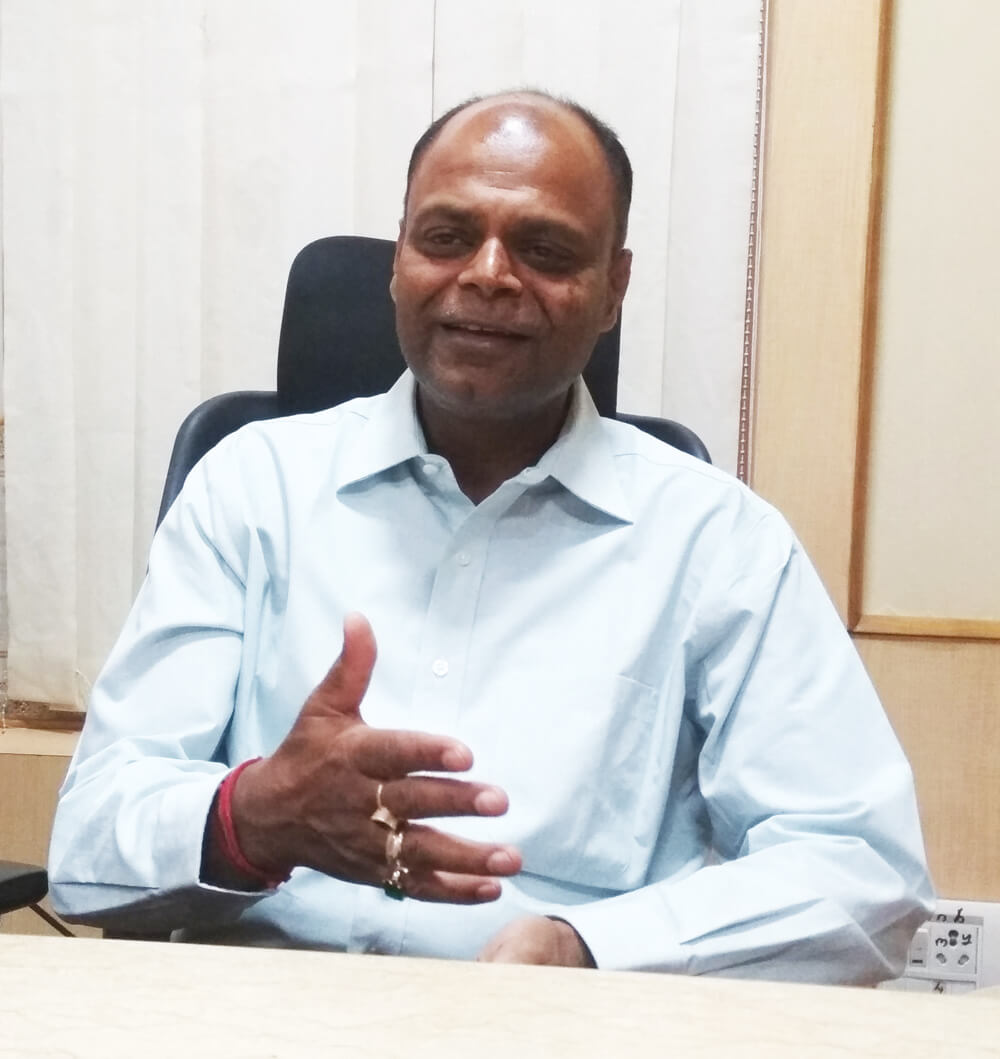Boomtime

Interview in Himal Khabarpatrika, 21-28 April
As the main trade hub of Nepal and the only metropolitan city in Province 2, Birganj’s hopes for growth have grown after Bijay Sarawagi, the former businessman and chair of the city’s Chamber of Commerce, was elected mayor. Excerpts from an interview:
Himal: What are your plans for the development of Birganj Municipality?
Sarawagi: Birganj has faced rapid, unplanned urbanisation. To remedy this, we are working on a land-utilisation policy, and a master plan for Birganj’s development will be ready in the next six months. We are also constructing a 28-km road for better connectivity between Birganj’s rural and urban parts. By establishing a proper transport hub, we also aim to solve the haphazard movement of large trucks.
A major challenge is to stop migration from rural to urban Birganj. We need better infrastructure for tourism, especially for those entering Nepal from Raxaul even for a day. The Sirsiya River also needs to be cleaned up.
How will you fund all these projects?
Government funds alone cannot propel infrastructure development so the private sector has to be involved. Investment is crucial also for employment generation. The federal government has not formulated necessary laws so we are urging them to provide the local government with rights guaranteed in the Constitution in sectors like education, health and agriculture. For example, the right to look after school education has been given to local government, but the court halted all teacher postings we put forward.
How will you meet your people’s expectations for good governance at local level?
We have not been able to meet all expectations due to limited resources. Birganj needs Rs3 billion, but we only have Rs420million collected through taxes. Regarding governance, there is a corruption culture here. I have taken action against every officer asking for bribes.
Being a businessman yourself, what are the problems for industries here?
Industries across Nepal have similar problems. Mainly, there is lack of a stable policy. Everyone is worried about the economy being import-dependent but national industries have no protection. Even industries whose raw materials are abundant in Nepal, like sugar and paper, are unable to compete in the market. We will be able to reduce imports only if production costs are lower. Birganj can be a major contributor in this.
What changes can we expect in the remaining 3 years of your term?
The first year was difficult because I had to learn how to navigate the government process. But foundations have been laid now and there will be substantial progress in the coming year.




